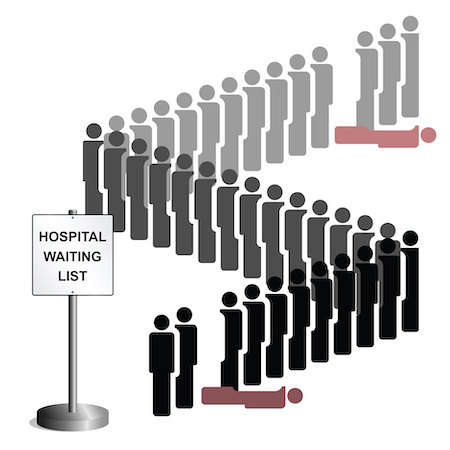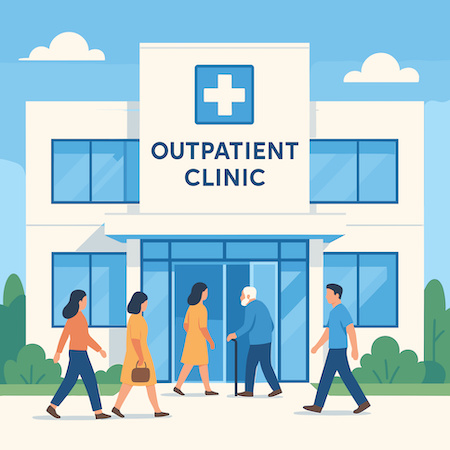The Government has outlined plans for significant reform to the way healthcare is delivered, creating an ‘online hospital’. The innovative new model of care will not have a physical site, instead digitally connecting patients to expert clinicians anywhere in England. The first patients will be able to use the service from 2027.
The aim is that patients will be seen faster, as teams triage them quickly through the NHS App and let them book in scans at times that suit them at Community Diagnostic Centres closer to home.
When a patient has an appointment with their GP, they will have the option of being referred to the online hospital for their specialist care. They will then be able to book directly through the NHS App and choose to see specialists from around the country online without leaving their home or having to wait longer for a face-to-face appointment.
If they need a scan, test or procedure, they’ll be able to book this in at a time that suits them at Community Diagnostic Centres closer to home. They’ll be able to track their prescriptions and get advice on managing their condition from the comfort of their home.
NHS Online aims to provide a huge boost to patient waiting times, delivering the equivalent of up to 8.5 million appointments and assessments in its first three years – four times more than an average Trust – while enhancing patient choice and control over their care.
Initially the focus will be on a small number of planned treatment areas with the longest waits. Over time this will be expanded to more treatment areas, which will only be offered if the NHS knows it is it is clinically safe to do so remotely.
Potential
NHS Online is described as: “a bold new way of delivering care while embracing new tech, built on NHS values,” which will help to shift the NHS from analogue to digital.
In the first instance, the service will build and scale tried-and-tested innovations already in place across the country such as AI and remote monitoring, with millions of patients already accessing online appointments and using the NHS App to manage their care.
Before NHS Online goes live, the NHS will learn from existing research on patient experience of online care over the last five years and build it into the programme as it develops, with a commitment to patient partnership in design and delivery.
Doctors will have new levels of flexibility, managing their time in a way that works better for them and their patients. NHS England and DHSC will work with clinical staff and their union representatives on how best to deliver this new model of care.
The new model of care has been welcomed by health experts for its potential to reduce elective care waiting lists, give patients more control over their care and even-up access to specialist care across the country, removing the so-called ‘postcode lottery’ that can mean people wait longer for the care they need depending on where they live. However, those same experts also stress that great care must be taken to avoid digital exclusion, so that people who lack access to digital technology, or lack the skills and confidence to use it, are not penalised.











